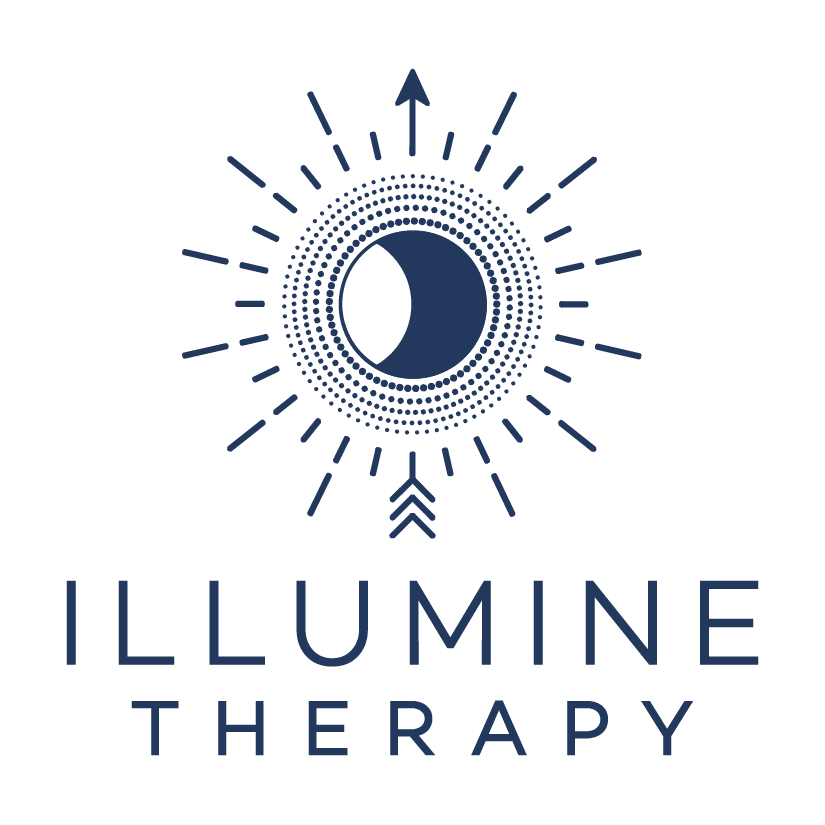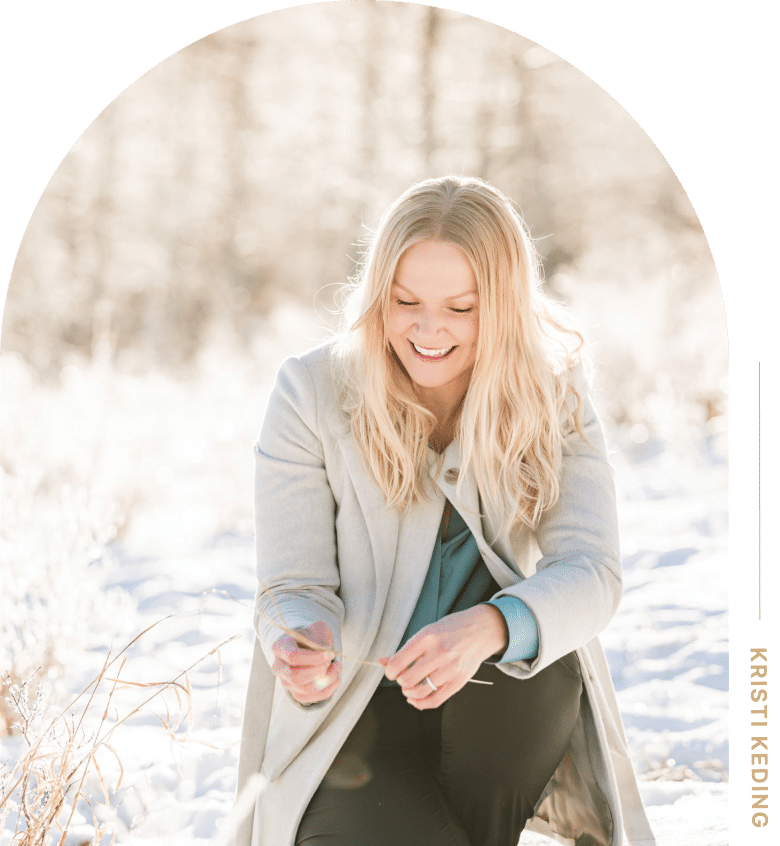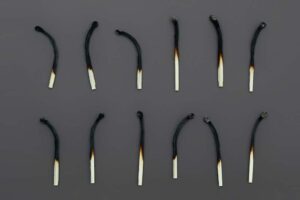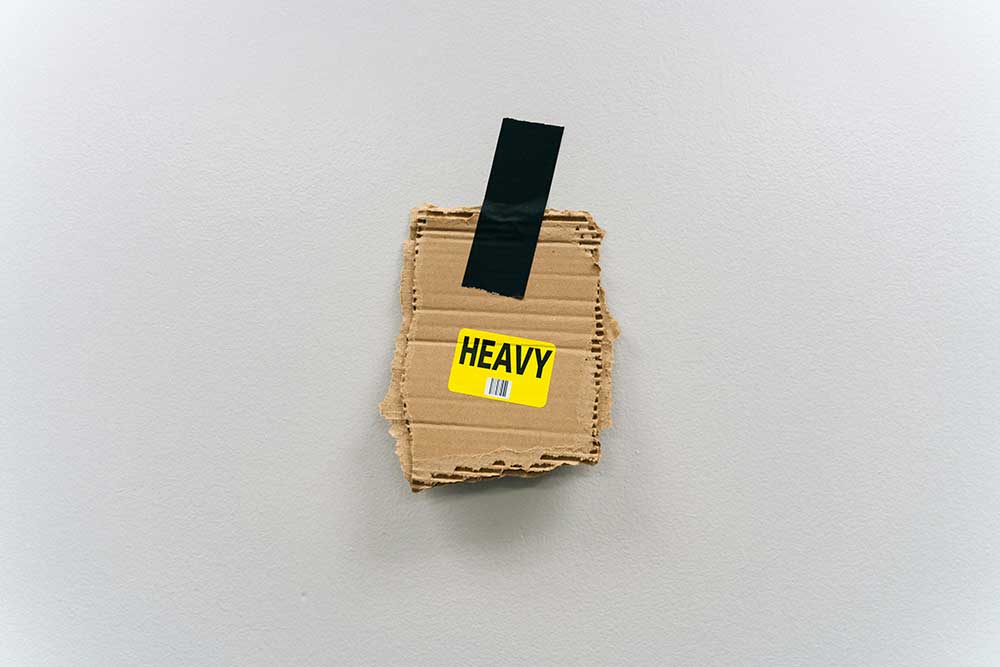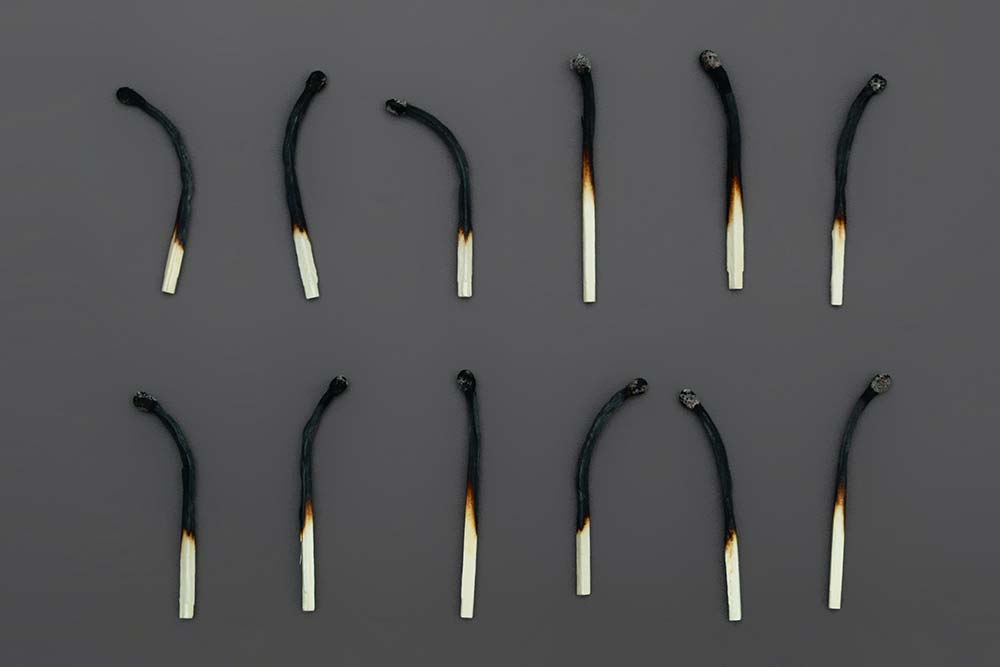I was recently interviewed on Bold Journey. Here is the entire article, which originally appeared here.
We were lucky to catch up with Kristi Keding recently and have shared our conversation below.
Kristi , we’re so excited for our community to get to know you and learn from your journey and the wisdom you’ve acquired over time. Let’s kick things off with a discussion on self-confidence and self-esteem. How did you develop yours?
Confidence and self-esteem didn’t come from any one big moment or achievement. It’s really been a gradual process, built over time through small, consistent actions. It’s not glamorous, but it’s those unsexy, daily decisions that make the biggest difference.
I remember early on, I’d commit to doing little things, like going for a walk every day, even when I didn’t feel like it, or showing up for myself in ways that seemed minor at the time. Over time, those small actions added up. They built this quiet, inner trust in myself that I’d follow through, no matter how I was feeling in the moment.
What people often overlook is that confidence grows from keeping the promises you make to yourself. It’s not about grand gestures; it’s about doing what you said you would, even on the hard days. When I showed up for myself again and again, I started to trust myself more. And that’s where real confidence comes from, knowing that even when things get tough, you can handle it. That’s something I’ve carried forward, and it’s become part of who I am.
It’s like compounding interest: one small step at a time, and before you know it, you’re standing on a solid foundation of self-esteem. It’s not flashy, but it’s deeply effective.

Appreciate the insights and wisdom. Before we dig deeper and ask you about the skills that matter and more, maybe you can tell our readers about yourself?
My work, and honestly, my personal journey, has always centered around helping high-achievers, over-functioners, and the people who feel like they have to do more to be enough. I know that cycle intimately: the overcommitting, the overdoing, the belief that rest has to be “earned.” And I also know how unsustainable and exhausting it is.
If there’s one thing I would die on a stake for, it’s this: You do not have to earn your place in this world through exhaustion, overwork, or burnout. You are already enough. My focus is helping people break that cycle, learning how to slow down, set boundaries, and trust that they are still okay even when they’re not running themselves into the ground.
In my practice, I use a blend of brain-body therapeutic methods like EMDR, Brainspotting, Sensorimotor Psychotherapy, and ACT to help people process past experiences, release the stress that’s keeping them stuck, and build a healthier, more sustainable way of living. Therapy and coaching with me isn’t about endless talking, it’s about real, tangible change. My goal is to help people get out of survival mode and into a life that actually feels good.
So, professionally (and personally), that’s where my heart is. Helping people unhook from the belief that they have to constantly prove themselves and instead, step into a life where they can slow down, trust themselves, and finally feel at home in their own skin.
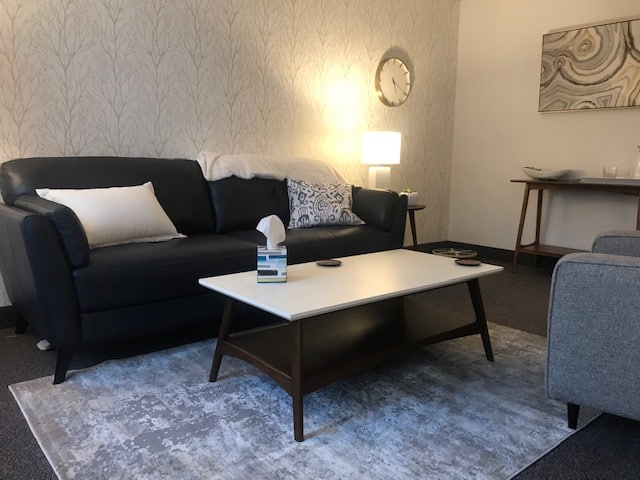
Looking back, what do you think were the three qualities, skills, or areas of knowledge that were most impactful in your journey? What advice do you have for folks who are early in their journey in terms of how they can best develop or improve on these?
Emotional Resilience. Learning how to sit with discomfort and not let it derail me. There were so many moments where self-doubt, fear, or exhaustion could have convinced me to quit. But resilience isn’t about feeling confident all the time—it’s about moving forward even when you’re uncertain.
Self-Trust & Boundaries. I used to think that if I wasn’t constantly over-delivering or saying “yes” to everything, I was failing in some way. However, learning how to trust my own limits, set boundaries, and respect my own needs has been important. Confidence isn’t about doing more, it’s about knowing when to step back, say “no,” and protect your energy.
Understanding How the Nervous System Works. Professionally and personally, this was a game-changer. Once I understood how stress, trauma, and past experiences impact us, everything clicked. Healing isn’t just about mindset shifts—it’s about working with your brain and body in a way that helps you truly process and move forward.
For Emotional Resilience: Get comfortable with discomfort. Don’t wait until you feel ready, start before you’re ready. Take small, consistent actions even when they’re hard. Over time, you’ll prove to yourself that you can handle difficult things.
For Self-Trust & Boundaries: Start paying attention to when you’re overcommitting or saying “yes” out of obligation rather than true desire. Practice pausing before responding. Even something as simple as saying, “Let me think about it,” can create space to make decisions that actually align with you.
For Understanding the Nervous System: Learn about how stress and trauma impact the body. Simple practices like breath work, grounding exercises, and mindfulness can help regulate your system and make big emotions feel more manageable. And if you’re feeling stuck, work with someone who understands this—because you don’t have to untangle it alone.
At the end of the day, it all comes back to consistency. Small, steady shifts in how you show up for yourself will compound over time, and one day, you’ll realize you’re standing on a foundation of self-trust that you built step by step.
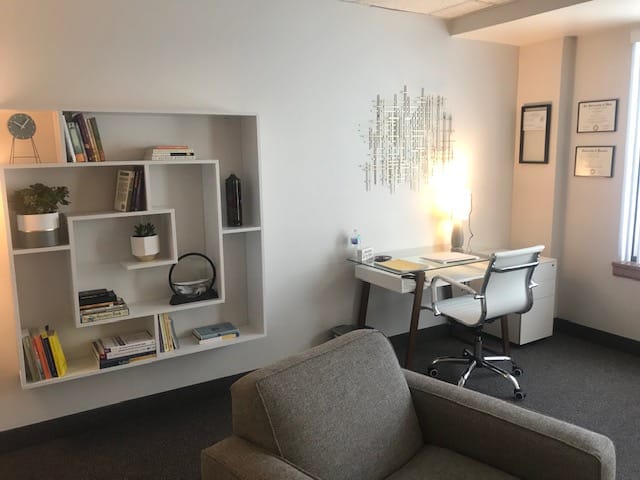
Tell us what your ideal client would be like?
My ideal client is the high-achiever who, on the outside, looks like they have it all together but internally, they feel stuck, overwhelmed, or disconnected from themselves. They’re the ones who have spent their whole lives doing, overcommitting, over-functioning, and proving their worth through productivity. They’ve checked all the boxes, but something still feels off.
They might be feeling burnt out, anxious, or like they’re carrying around old patterns that no longer serve them. Maybe they struggle to slow down because resting feels uncomfortable, or they’ve spent so long prioritizing others that they don’t even know what they want anymore.
The ideal client for me isn’t someone who necessarily knows how to fix these things but they are willing to show up and do the work. They’re insightful, self-aware (even if they don’t fully trust themselves yet), and ready to move beyond just talking about their struggles to actually shifting the way they experience life.
